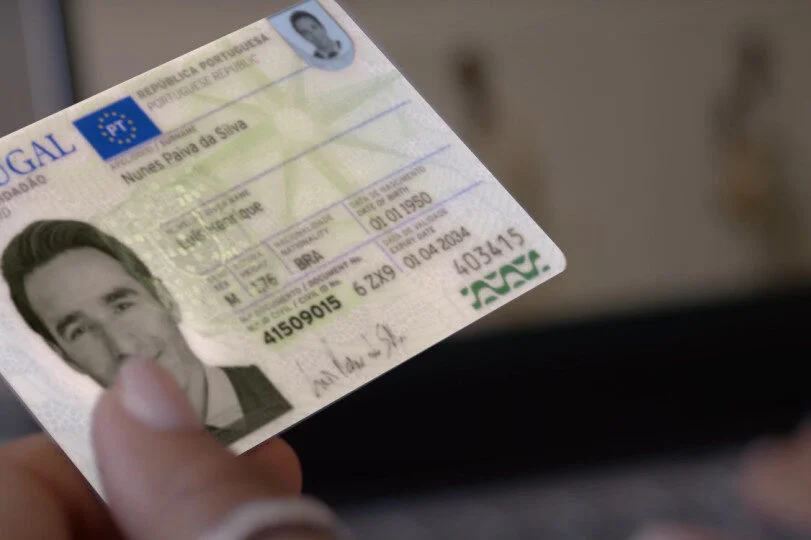Know where to start your genealogical study

Starting a genealogical study can be easier than it looks. It is through genealogy that you can investigate your connection with a Sephardic ascendant (and with other ascendants, of course) and, consequently, allow you and your family to apply for Portuguese citizenship. Read this post carefully and at the end of the reading you can start your study immediately!
1. Start indoors
The first document of a genealogical study is its birth certificate. It contains basic information about its history: its affiliation and the names of its grandparents, both maternal and paternal. After that, search your parents' documentation: birth, marriage and death certificates. Do the same with the documents of your grandparents and great-grandparents. Talk to older family members, as some of them assume the role of guardian of these documents.
Tip: The birth certificate usually informs us two more generations: parents and grandparents. Marriage and death certificates inform the names of the immediately previous generation, for example, your grandparents' marriage certificate also bears the names of your great-grandparents.
HERE YOU CAN START BUILDING YOUR GENEALOGICAL TREE.
2. Notaries and parish seats
In the absence of these certificates, find out the place of birth, marriage or death of your ancestors. Like this, you can consult the registry offices in those regions and request such documents. Many Brazilian and Portuguese registries are already completely digitized. As a rule, since January 1, 1889, all civil registrations have been registered by the Brazilian State. Before that, these records were made by the Catholic Church through parishes. Therefore, it will be in the parish seats - nothing more than books where baptisms, marriages and deaths are recorded - that you will be able to find information about their ancestors before 1889.
Tip: But it is good to keep in mind that the current municipalities may have had different names in the past and, not always, parishes respected the same geographical boundaries as the villages, and in some cases, couples did not marry at their birthplaces, but in neighboring cities.
3. Explore genealogy sites
There are websites that provide genealogical records and that help to build your family tree. Some even connect you with other distant relatives. The best known is familysearch.org, but there is also myheritage.com and ancestry.com, just to name a few.
4. Join genealogy groups on Facebook
There is a large offer of virtual communities on Facebook that are dedicated to discussing and exchanging genealogy information and documents. Some are specific to the Sephardic genealogy and others to Sephardic families. Join these groups, read what is published and share your doubts and achievements. These are some groups that you may know: Sephardic Genealogy, Documented Sephardic Genealogy and Portuguese Jewish Genealogy.
HERE YOU CAN START BUILDING YOUR GENEALOGICAL TREE.
5. The good old Google
With the names of your ancestors in hand, you can also verify that there is no book or scientific publication that talks about them. There are many old digitized books that bring several generations of families. When we search for the names, for example, of our great-great-grandparents, if there are any publications in which they are registered, they can also serve as proof of family ties.
But be careful! It is good to make sure that it is a serious publication and that these are not homonyms, that is, that the couple found, by coincidence, would not be another that has the same name as their ancestors.
It's time to start! Genealogical research can be a bit of work, but it is rewarding. And if you seek Portuguese citizenship through the Sephardic way, it is inevitable. Good luck!

New Portuguese citizen? Find out how to issue your identity document.
In recent weeks, many nationality processes have been completed, resulting in hundreds of Martins Castro customers now officially Portuguese. […]

Sephardic Jews: do you have to live in Portugal for three years?
Many doubts have arisen about the changes in Portuguese law regarding the acquisition of nationality by descendants of Jews […]

Martins Castro in the Media: Diário do Nordeste (Brazil)
Couple from Fortaleza obtains Portuguese citizenship after discovering Jewish family expelled from European country Decree-Law grants documentation for relatives of […]